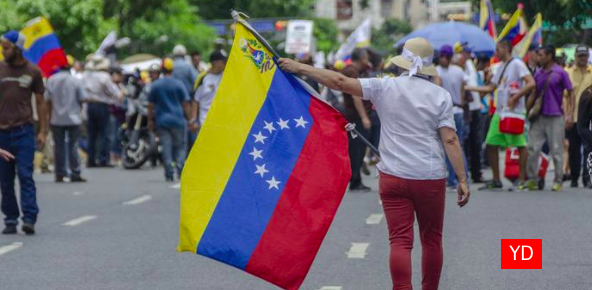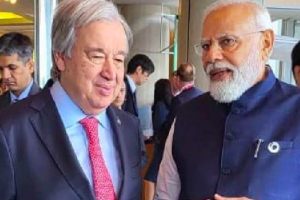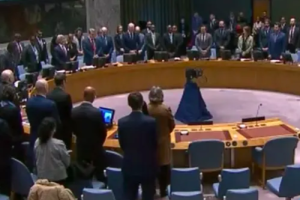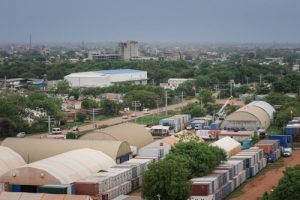The UN Human Rights Council on Friday voted to send a team of investigators to probe alleged violations, including extrajudicial executions and torture, in crisis-wracked Venezuela.
A resolution tabled by more than a dozen countries from Latin America and elsewhere was adopted by the 47-member council with 19 votes in favour, seven opposed and 21 abstaining.
It called for the UN”s top rights body to “dispatch urgently an independent international fact-finding mission” to Venezuela.
The mission, the text said, should “investigate extrajudicial executions, enforced disappearances, arbitrary detentions and torture and other cruel, inhumane or degrading treatment”.
“Venezuelans, men and women, cannot wait any longer” for justice, said the representative of Peru, on behalf of the sponsoring nations, who also included Argentina, Australia, Brazil, Canada and Israel.
The one-year mission should carry out its investigation “with a view to ensuring full accountability for perpetrators and justice for victims,” said the text, which also received the backing of the European Union.
Venezuelan Ambassador Jorge Valero slammed the resolution as a “hostile initiative”, and said his country had no intention of cooperating with the new probe.
“The imposition of an additional monitoring mechanism will never receive the consent of my country,” he told the council.
Even when they are not granted access to a country, UN investigators can nonetheless carry out probes from abroad, as has been the case with investigations into abuses in Syria and Myanmar.
The investigative team will be expected to present a report to the council in a year.
Venezuela is caught in an economic crisis and a political standoff between President Nicolas Maduro”s government and National Assembly leader Juan Guaido.
The oil-rich country suffers from hyperinflation and shortages of basic goods from food to medicine, a crisis that has forced some 3.6 million people to flee since 2016.
Friday”s resolution deplored “the systematic abuse of state institutions…, accelerating the erosion of the rule of law and of democratic institutions” in Venezuela.
It also urged Caracas to release all “political prisoners” and voiced “grave concern” over UN rights office findings in July suggesting that many of the more than 6,000 killings in alleged confrontations with state forces since early 2018 may in fact have been “executions”.
“It must be clear to all at this Council that when violations of this gravity and scale are reported to us, we must respond in an equally serious manner,” British Ambassador Julian Braithwaite, whose country backed the resolution, told the council.
























